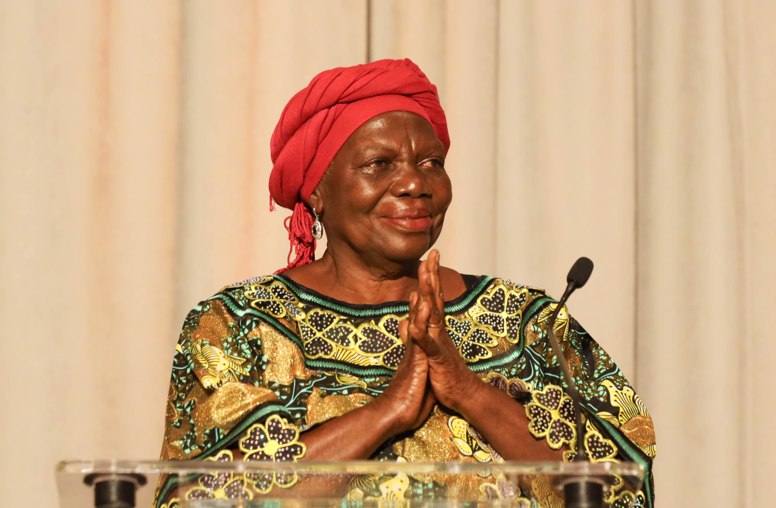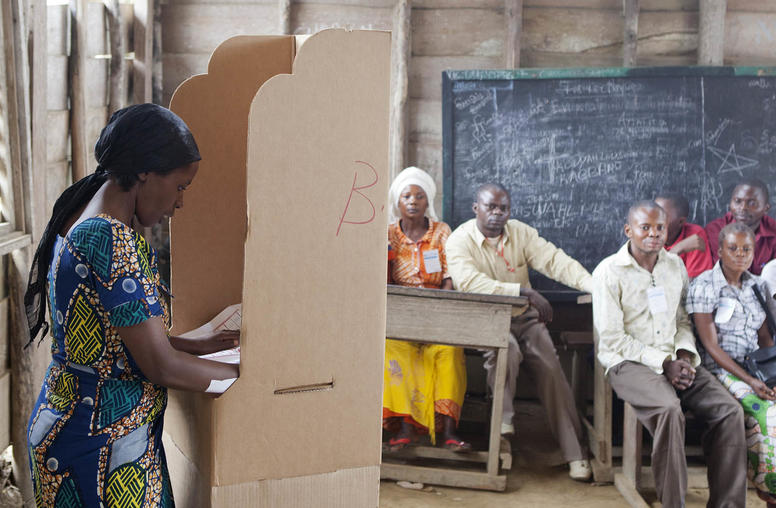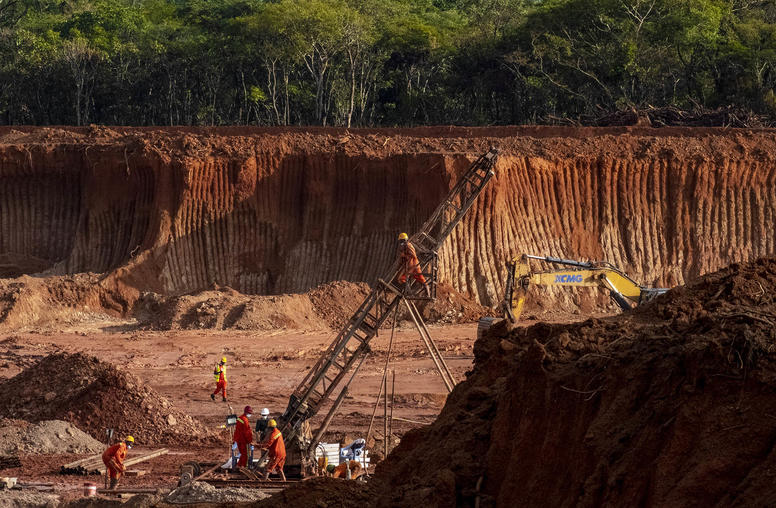Through a grant from the United States Institute of Peace, a new project has begun in the eastern province of South Kivu, Democratic Republic of Congo (DRC) to enhance support for survivors of sexual and gender-based violence (SGBV). SGBV is a recurring problem in armed conflict, with notoriously high rates in the DRC.
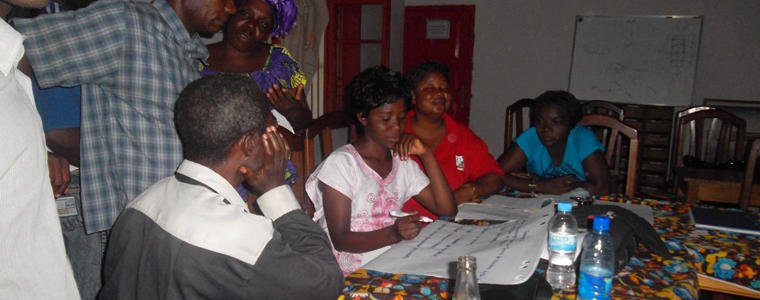
This violence – which includes rape, forced marriage, domestic abuse, emotional and social abuse, and violence based on gender – affects people of all ages and sexes. SGBV has a wide range of emotional, physical, and social effects on survivors and their communities, and presents a major challenge for community organizations, humanitarian actors, and policymakers.
In early 2012, the rebel group Movement of March 23 (M23) attacked and briefly seized control of parts of the North and South Kivu provinces in eastern DRC. These provinces, which are known for their mineral wealth, already suffered intensely from two previous Congo wars, and have for decades experienced high levels of sexual and gender based violence used as a tool of war and power. The conflict is not isolated to these two provinces – it also has important regional dimensions. According to January 2013 data from the United Nations Refugee Agency, UNHCR, there are more than 2.9 million refugees (from Rwanda, Central African Republic, Angola, Burundi, and elsewhere) and internally displaced persons (IDPs) needing assistance in the DRC – and these people are particularly at risk of SGBV. Organizations that focus on helping survivors of SGBV struggle to meet the needs of the communities in the eastern DRC in the setting of such ongoing instability.
Since its founding in 1999, War Child has taken action to rebuild post-conflict communities and to help children and young people through programs in education, vocational training, microfinance, legal representation, and more. In the DRC, they have worked to improve the access and quality of education for thousands of children. Now with USIP support, War Child Canada (WCC) is improving effective prevention of and response to sexual and gender-based violence in South Kivu. Led by Project Director Nikki Whaites, the WCC team began the project by collecting quantitative and qualitative data on current the SGBV-related programming in South Kivu – particularly in the Fizi district – of 18, primarily local, organizations that are providing much-needed community psychosocial support, such as trauma counseling or social reintegration of survivors, to a range of beneficiaries who have been affected by the violence. Information was collected regarding these organizations’ beneficiaries, evaluation practices, effectiveness, and capacity, among other details. With this information, WCC is now developing a comprehensive SGBV Toolkit that will guide its own programming and will also be offered as a tool to other organizations in the region. WCC will train local partners who will then implement a variety of activities focused on preventing and responding to SGBV, such as community dialogues, radio panel discussions, and theater performances promoting awareness about SGBV.
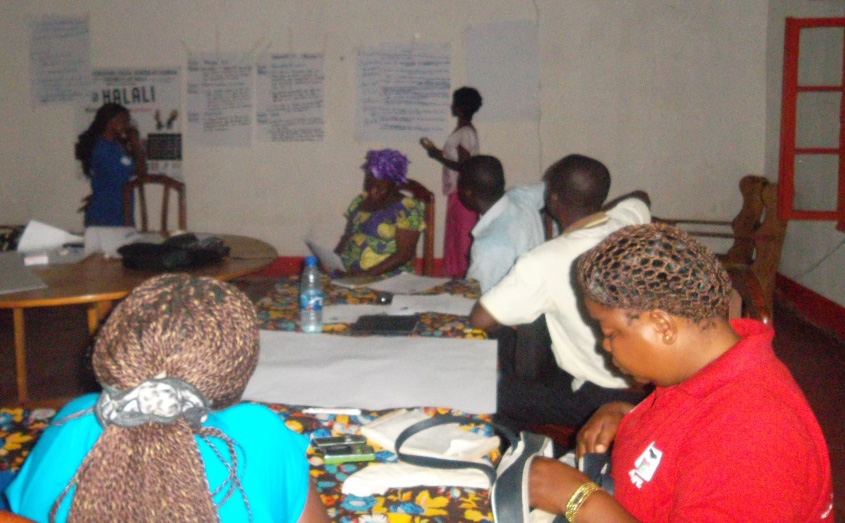
In spite of the challenges and escalation of conflict in 2012, organizations like War Child Canada persist in their efforts to eliminate sexual and gender-based violence. In another USIP-funded project, Catholic Relief Services, with Project Director Veronique Mujinga, is also working in communities in South Kivu province on promoting social cohesion and recovery through socio-economic reintegration of SGBV survivors. Similar to WCC, Catholic Relief Services aims to improve SGBV programming among actors in the DRC. USIP has made several grants related to sexual and gender-based violence research and programming in the past, and through USIP’s Center for Gender and Peacebuilding, the Institute regularly collaborates with other organizations on this important issue.
Whether the armed conflict is stopped by surrender of rebel leaders, a peace deal, an offensive “intervention brigade” led by the U.N. peacekeeping force in the Congo (MONUSCO), or some other means, the ramifications of sexual and gender-based violence are long term and will require the continuation of innovative and evaluative efforts like those of War Child Canada and Catholic Relief Services.
2013 UNHCR country operations profile – Democratic Republic of the Congo.

